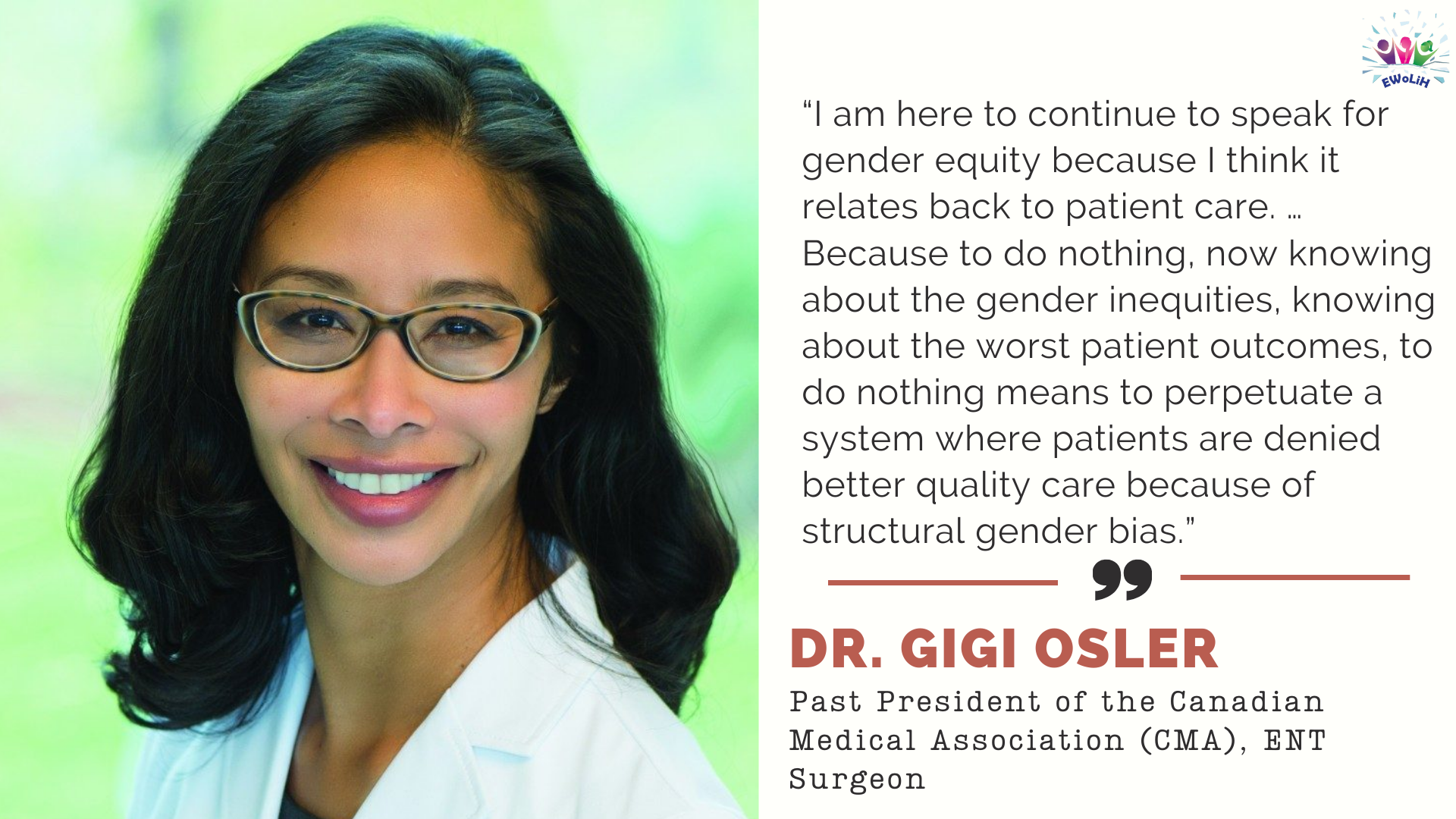
Goal-Oriented Leaders
Set Directions
Strategically Align Decisions with Vision, Values, and Evidence
Take Action to Implement Decisions
Assess and Evaluate
Achieve EDI-Informed Results
Ivy Lynn Bourgeault, University of Ottawa & Canadian Health Workforce Network
The third A in the LEADS Framework, Achieve Results, focuses on goal-oriented leaders. The four capabilities – set direction; strategically align decisions with vision, values and evidence; take action to implement decision and assess; and evaluation – are all relevant to EDI. EDI-informed, goal-oriented leaders dedicate resources to address EDI outcomes and embed these processes within their department, division, or organization. First, leaders must establish a baseline knowledge through environmental scanning and audits of EDI data (e.g. staff, clients, and services), if they do not already exist. Next, they must consult a diverse range of interested stakeholders in high-level meetings to reach a (near to) consensus direction of EDI initiatives that are in alignment with organizational vision and values. These EDI plans must be resourced, implemented, and acted upon and supported with evidence-informed tools. One made-in-Canada EDI toolkit, developed from the Empowering Women Leaders in Health initiative, is available on the LEADS platform . Tools include EDI-aware hiring and promotion practices and EDI-supportive organizational policies, processes, and culture. Continuous monitoring, reassessment, and evaluation to track progress towards EDI goals and resetting direction for continuous improvement must be embedded in organizational processes for optimal results.
A win-win for health care: promoting co-leadership and increasing women’s representation at the top.
This paper discusses the benefits of co-leadership and women's representation in senior health-care positions on the efficiency and quality of health care.
We Aren’t Just ‘Slack’ing Off: Utilizing a Digital Tool to Connect Emerging Women Leaders in Global Health
This paper analyzes how digital tools help in building a model that contribute to the career advancement of women leaders in global health.
Organisational strategies for women nurses to advance in healthcare leadership: a systematic review
This paper proposes to focus on systemic level strategies to help women nurses attain leadership roles in heatlh care.
Factors that influence the implementation of organisational interventions for advancing women in healthcare leadership: A meta-ethnographic study.
The paper focuses on factors that promote gender equity in healthcare and healthscience leadership.
Women in the health and care sector earn 24 percent less than men
A report by the International Labour Organization and the World Health Organization discovered that women in health care in Geneva earn 24 percent less than their male peers. This wage gap is mostly unexplainable and varies throughout countries.
Advancing equity, diversity, and inclusion
The Lancet Group is committed to avoiding all-male panels (manels). Their editors will not participate on panels when there are no women. They aim for a minimum of 50% female speakers at their events and emphasize the importance of women as panelists, not simply moderators or chairs.
9 out of 10 people are biased against women: global study
According to a global research conducted by the United Nations Development Programme, approximately 90% of individuals have prejudices against women, which affects politics and corporate leadership. Surprisingly, roughly one-third of respondents support violence against women. Gender equality progress has stagnated, necessitating more effective strategies to counteract these ingrained prejudices.
Gender mainstreaming website for toolkits download
Gender mainstreaming is a key strategy adopted by the European Institute for Gender Equality (EIGE) to make gender equality a reality.
















